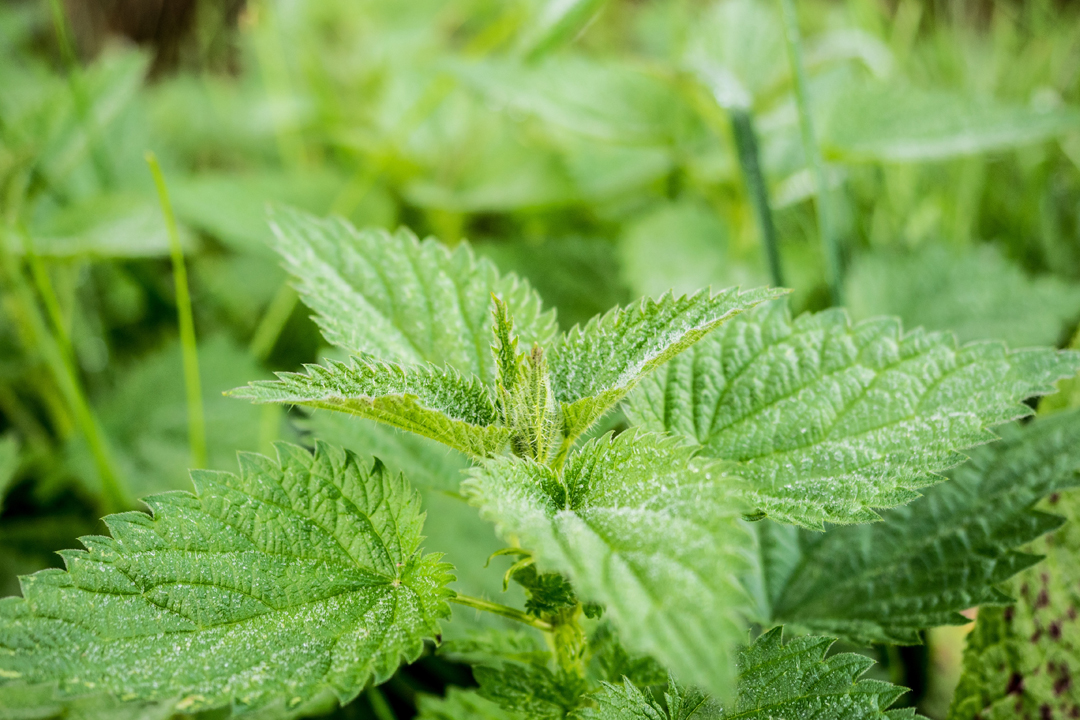 Springtime is often associated with blooming plants and warm temperatures that make us happy. Though it’s a joyful season that allows you to say a hearty goodbye to winter, for some, it’s a nightmare. The frustrating and relentless allergy symptoms like headache, congestion, sneezing, itchy throat, post-nasal drip, and irritated eyes force people to stay indoors.
Springtime is often associated with blooming plants and warm temperatures that make us happy. Though it’s a joyful season that allows you to say a hearty goodbye to winter, for some, it’s a nightmare. The frustrating and relentless allergy symptoms like headache, congestion, sneezing, itchy throat, post-nasal drip, and irritated eyes force people to stay indoors.
Such allergic responses usually occur when your immune system is triggered by pollen. Your body releases histamine, a chemical that is responsible for these symptoms. While an allergy cannot be prevented, you can prevent its reactions.
Did you know that Americans spend more than $4.5 billion annually on antihistamines? These drugs cause side effects, such as blurred vision, moodiness, restlessness, nausea, vomiting, dry mouth, dizziness, and insomnia. Since histamines are responsible for your allergic reactions, research suggests that using natural herbal supplements can help you combat this chemical.
Let’s take a look at some of these herbal histamine supplements:
Watercress Histamine
This overlooked leafy green is packed with powerful nutrients. Watercress is small and has edible stems and round leaves. It tastes slightly spicy and peppery in flavor.
Watercress contains Vitamins A, B6, and C, calcium, iron, iodine, and Folate. It also has several phytochemicals, which offer several health benefits, including blocking allergies.
Stinging Nettle Histamine
This plant has been used as a histamine supplement in herbal medicine for decades. Ancient Egyptians used it to treat lower back pain, and Roman troops massaged it on their body to stay warm. Stinging Nettle can produce redness, itching, and swelling in its raw form. However, once cooked or dried, it is safe to consume.
It can help reduce seasonal allergies triggered by pollen. In supplement form, it inhibits the body from producing histamine, which prevents itchy eyes and stuffy nose.
Galangal Histamine
Native to Southern Asia, Galangal root is closely related to turmeric and ginger. It is commonly used in traditional Chinese and Ayurvedic medicine. Galangal can be used as an herb in cooking.
It contains antioxidants like galangin and alpine, which are immunity boosters. It also contains Vitamin C that improves ailments, reduces inflammation and allergies, treats infections, and boosts male fertility.
Licorice Histamine
Licorice is one of the best herbal remedies in the world. It’s native to Southern Europe and Western Asia and treats various ailments. It is also used to flavor drinks, candies, and medicines.
Licorice offers anti-allergic effects due to glycyrrhizin, liquiritigenin, and 18beta-glycyrrhetinic acid, which helps with breathing problems.
Moringa Histamine
Moringa is praised for the health benefits it offers. Rich in bioactive plant compounds and antioxidants, it is used in herbal medicines. Its pods and leaves can be eaten, as well as crushed and applied topically.
The plant is loaded with flavonoids, antihistamine polyphenols, Omega-3, Vitamin C, and antioxidants, all of which help with allergies
Garlic
Garlic has gained attention as a potential remedy for allergy relief. Although there is limited scientific evidence supporting the use of garlic for allergies, some studies and anecdotal evidence suggest that it may provide relief due to its anti-inflammatory and immune-boosting properties.
Garlic contains compounds like allicin, which has been shown to have anti-inflammatory effects. This may help reduce inflammation associated with allergic reactions and provide relief from symptoms like sneezing, itching, and congestion.
Garlic is rich in antioxidants and contains compounds that can help support the immune system. A strong immune system may help reduce the severity of allergic reactions and improve overall allergy symptoms.
Some research suggests that garlic may act as a natural antihistamine, helping to reduce the release of histamine, a chemical involved in allergic reactions. This may help alleviate allergy symptoms like sneezing, itching, and hives.
Butterbur
Butterbur (Petasites hybridus) is a perennial plant that has been used in traditional medicine for centuries to treat various health conditions, including allergies. Butterbur contains compounds called petasins, which have been found to exhibit anti-inflammatory effects. This may help reduce inflammation associated with allergic reactions, providing relief from symptoms like sneezing, itching, and congestion. Butterbur has been found to have antihistamine properties, which may help reduce the release of histamine, a chemical involved in allergic reactions. This can help alleviate allergy symptoms such as sneezing, itching, and hives.
Rosemary
For centuries, rosemary has been valued for its culinary, medicinal, and aromatic properties. It has been used to flavor food, as a natural preservative, and for its potential health benefits. Traditional medicine practitioners have employed rosemary for a wide range of purposes, including improving memory, reducing inflammation, and relieving pain. One of the reasons rosemary may be helpful for allergy sufferers is due to its anti-inflammatory properties. The herb contains compounds like rosmarinic acid and carnosic acid, which have been shown to reduce inflammation in the body. Inflammation is a key component of allergic reactions, so reducing inflammation can potentially help alleviate allergy symptoms.
Rosemary is also rich in antioxidants, which help protect cells from damage caused by free radicals. This protection may be particularly beneficial for those with allergies, as oxidative stress can exacerbate allergic reactions. Antioxidants in rosemary, such as carnosol and carnosic acid, may help stabilize the immune system, potentially reducing the severity of allergy symptoms.
A few other histamine supplements that help with allergies include:
- Turmeric
- Sea Buckthorn
- Perilla
- Ginger
- Yarrow
- Bromelain
The best way to survive allergy season is to stay indoors and go out when absolutely necessary. Use air conditioning, and keep the windows closed. Buy a humidifier and essential oils in the herbs mentioned above. Lastly, wear a mask when going outdoors.

